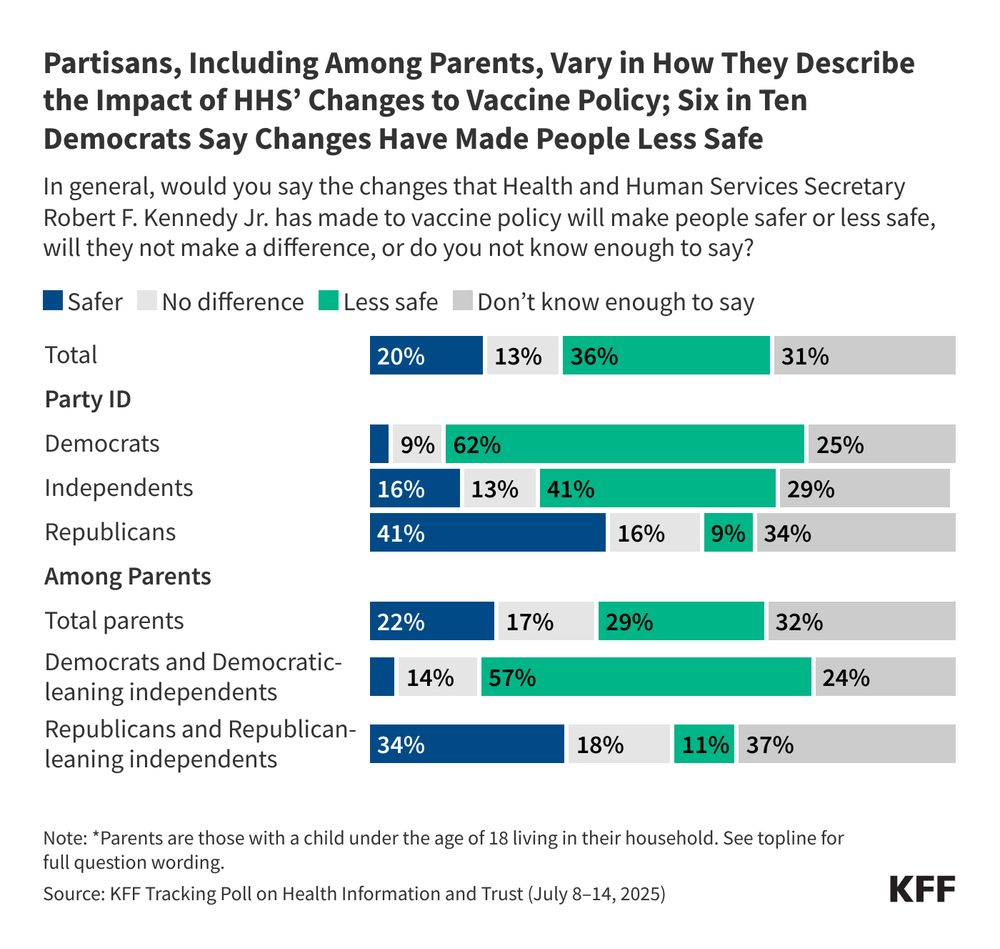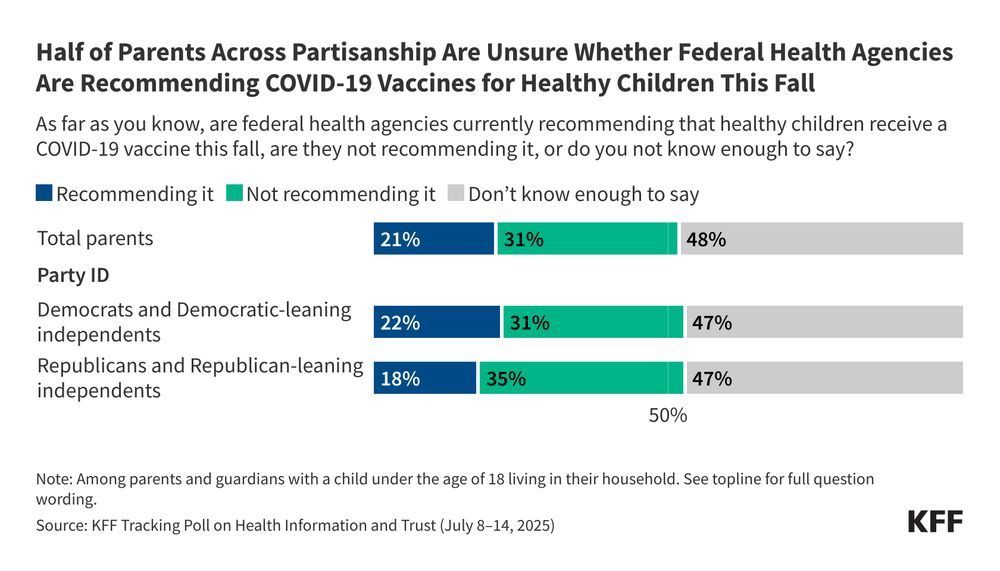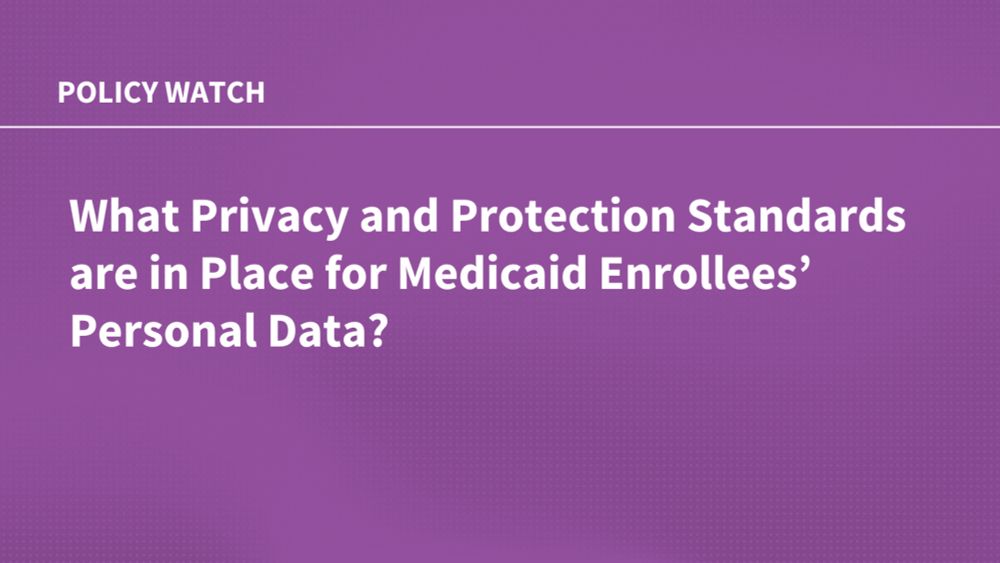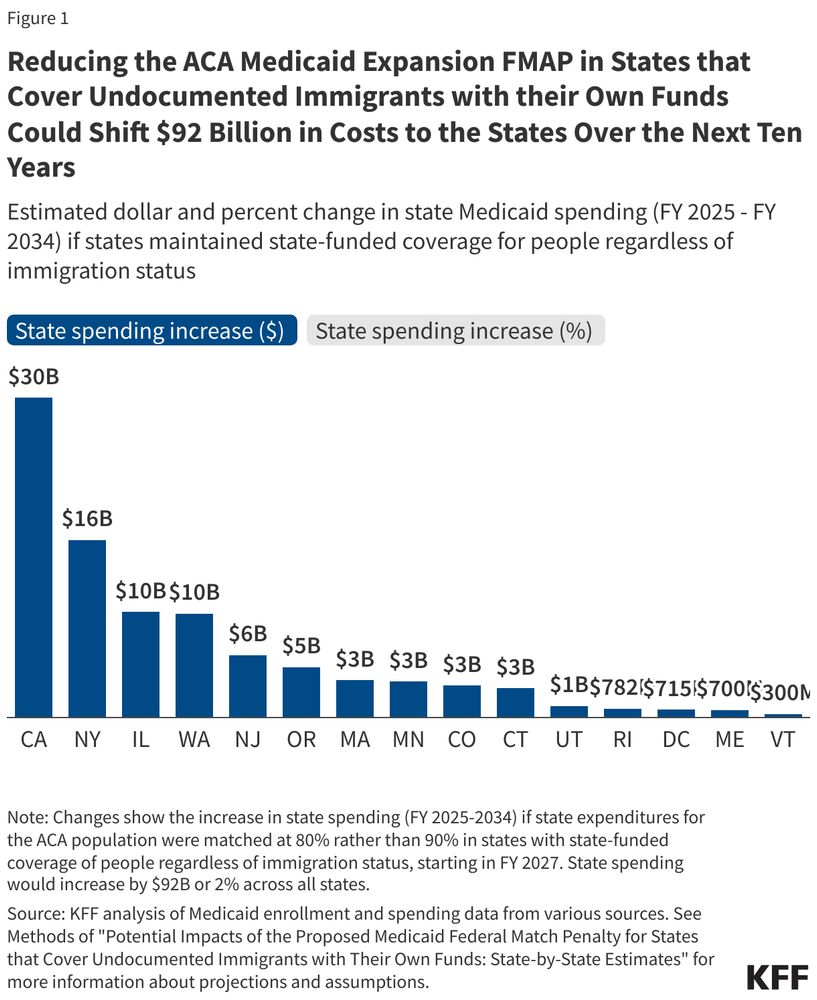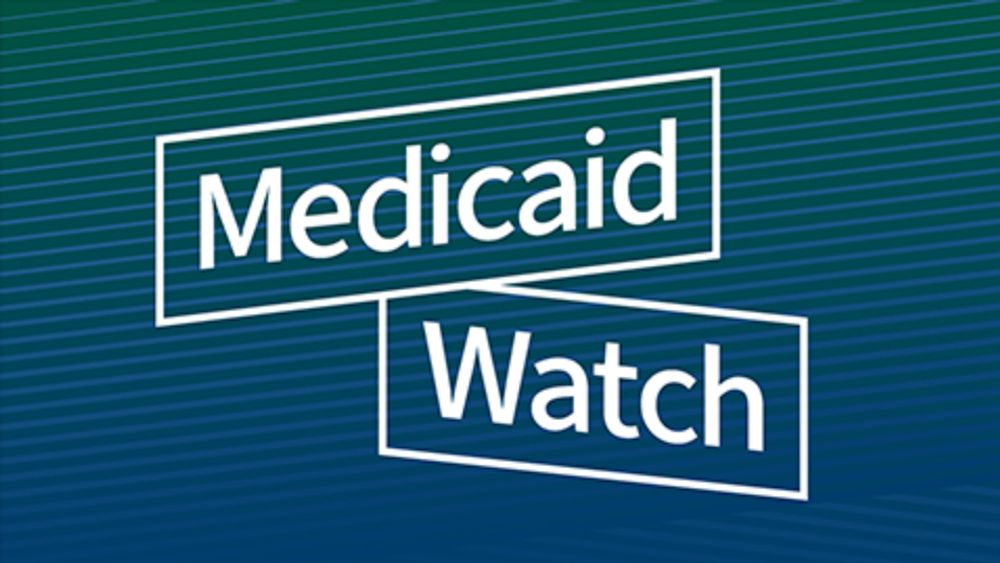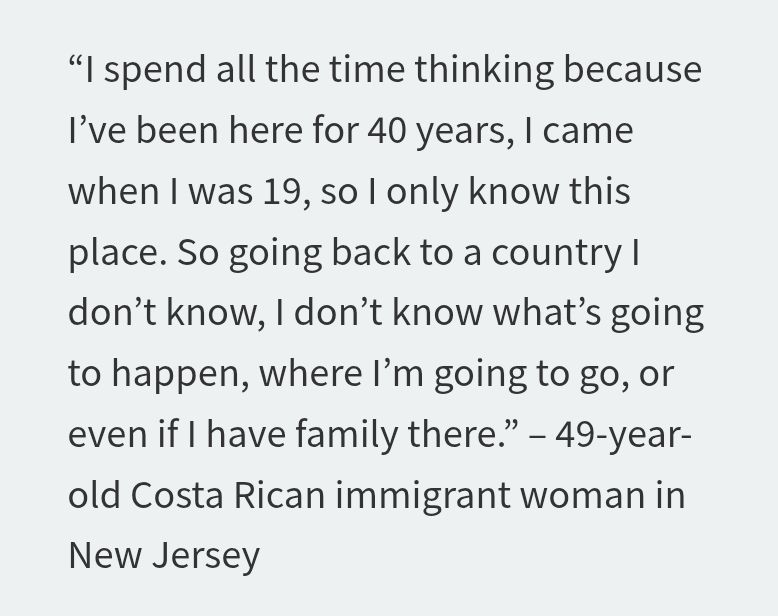Shannon Schumacher, PhD
@shannonschumacher.bsky.social
1.2K followers
460 following
35 posts
Senior Survey Analyst @KFF.org polling the public about experiences in health care
Posts
Media
Videos
Starter Packs
Pinned
Reposted by Shannon Schumacher, PhD
Larry Levitt
@larrylevitt.bsky.social
· May 27
Reposted by Shannon Schumacher, PhD
Julie Rovner
@julierovner.bsky.social
· May 22

Tracking the Medicaid Provisions in the 2025 Reconciliation Bill | KFF
KFF is tracking the Medicaid provisions in the 2025 federal budget bill, including new Medicaid work and verification requirements and a reduction in the expansion match rate for states that use their...
www.kff.org
Reposted by Shannon Schumacher, PhD
Samantha Artiga
@sartiga.bsky.social
· May 22
Samantha Artiga
@sartiga.bsky.social
· May 21

Proposed Medicaid Federal Match Penalty for States that Have Expanded Coverage for Immigrants: State-by-State Estimates | KFF
This analysis examines the potential impacts of a provision in the House reconciliation bill that proposes reducing the federal matching rate for the Affordable Care Act (ACA) Medicaid expansion popul...
www.kff.org
Reposted by Shannon Schumacher, PhD
Samantha Artiga
@sartiga.bsky.social
· May 21

Proposed Medicaid Federal Match Penalty for States that Have Expanded Coverage for Immigrants: State-by-State Estimates | KFF
This analysis examines the potential impacts of a provision in the House reconciliation bill that proposes reducing the federal matching rate for the Affordable Care Act (ACA) Medicaid expansion popul...
www.kff.org
Reposted by Shannon Schumacher, PhD
Reposted by Shannon Schumacher, PhD
KFF Health News
@kffhealthnews.org
· May 13

After Promising Universal Health Care, California Governor Must Reconsider Immigrant Coverage - KFF Health News
Gov. Gavin Newsom was elected to office in 2019 on a promise of universal health care. He dramatically expanded coverage, but after six years in office, the Democrat is forced to contemplate deep cuts...
kffhealthnews.org
Reposted by Shannon Schumacher, PhD
Samantha Artiga
@sartiga.bsky.social
· May 13

Which States Would Be Affected by a House Proposal to Cut Federal Medicaid Funding for States That Cover Undocumented Immigrants?
KFF data show that as of April 2025, 14 states plus DC use state-only dollars to provide health coverage to children regardless of immigration status, including 7 states that also do so for at least s...
www.kff.org
Reposted by Shannon Schumacher, PhD
Reposted by Shannon Schumacher, PhD






